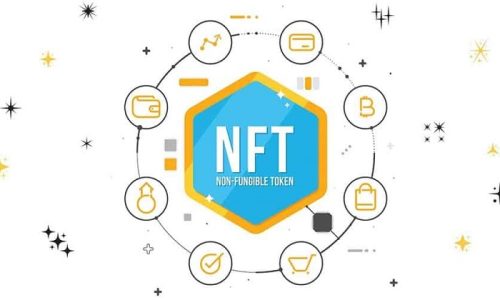
When people hear the term “virtual private organisation,” they typically assume it means something too cutting edge for the average client, and there isn’t a compelling argument for why they should use a VPN. But this is untrue—both large corporations and individuals can benefit from a VPN. Traveling and using public wifi, sending sensitive data, or simply looking at Netflix’s entertainment options are all actions that should be feasible more safely while using a VPN.
By hiding your device’s IP address, encrypting your data, and sending it across secure networks to servers in distant states or very different countries, VPN software protects your data. By doing this, it hides your online identity and makes sure you may browse the Internet anonymously and safely. Get a VPN will help you get around various internet restrictions.
Why You Should Use a VPN
We’ve already covered the essentials. Here is a closer look at the reasons why you should consider using a VPN.
1. Public WiFi security
Although convenient, free public WiFi compromises security. Someone could be watching your online activity while you’re taking notes at the local café or absentmindedly browsing the internet at the airport.
Using a VPN protects your information when you are on other websites by hiding your browsing history, financial information, account passwords, and more from malicious web intruders.
2. Your Internet Service Provider’s Information Privacy
You are less likely to be targeted by strangers when using your home Wi-Fi than when using a public network. Whatever the case, your knowledge is useless for now.
Your ISP or network access provider, such as Comcast, Spectrum, Verizon, or another company you pay monthly for Wi-Fi, has access to all of your online data. When, where, and how you browse are all visible to your ISP.
Regardless of whether you’re not lying about your “private” browsing capabilities, this information can be obtained and provided to publicists, and it tends to be unsafe in some unacceptable hands due to an information leak. By hiding your IP address from your own ISP, a VPN can help.
3. Information Security from the Services and Apps You Use
The primary security threat that you’ve introduced into your home is not your ISP. Sadly, a large number of our favourite apps and internet service providers, most notably Facebook, have come under fire for how they’ve handled customer data.
A VPN will prevent websites and programmes from linking your online behaviour to your PC’s IP address. Additionally, it may limit the variety of your location and programme histories.
4. Your Government’s Privacy Regarding Information
Even while many ISPs, programmes, and web information centres advise against giving your browsing information to legislators, the information eventually finds its way into their hands, even in the United States.
Americans have been more aware of the different ways the government monitors and collects personal information since Edward Snowden first revealed in 2013 that Verizon was selling clients’ online and phone information to the NSA. A few regulations were issued to control government reconnaissance in the wake of the Snowden leaks and the accompanying shock.
However, according to the New York Times, the Defense Intelligence Agency skirted a rule requiring administration offices to obtain warrants before asking telephone companies for their clients’ personal information as late as January of this year by paying outside information dealers for the same information.
A VPN is a sensible investment in protecting your information if you are concerned about legislative irregularity.
5. Access to Any Content in Any Location
While Hulu could object to your use of a VPN to watch the most recent Criminal Minds episode in a country where the content isn’t available, doing so is legal (in the US and in many other countries) and it provides a useful way around content restrictions.
VPNs mimic your location, making it seem as though you are browsing from a different location. That means even if it’s not available locally, you can still watch Criminal Minds.
6. Remote Workplace Security
A VPN’s strengths in information encryption are one of its benefits. You can safeguard sensitive information by encrypting it, which entails putting it inside a coded layout to dilute its significance.
If you are a business owner considering investing in a VPN, one benefit is that employees can connect to your office network and view sensitive data on their personal devices while away from the office. As remote work seems possible even after the pandemic closures, a VPN is a helpful endeavour to protect sensitive information off-site.
7. Easy to Use
Even though we all want to make our lives more secure, some security tools and systems appear like more work than they are worth to those who are tech-unfriendly. However, using VPNs is not particularly challenging. Some manufacturers have created intuitive and simple to use user interfaces that are simple to set up and use for non-geeks.
8. Adaptable to Many Smart Devices
While many of us may initially try a VPN on a business-grade PC, many VPN advantages also protect other cutting-edge devices like mobile phones, tablets, and workstations. Each VPN provider may have slightly different security architectures and have varying capabilities to secure various devices, but many vendors provide services that help you stay protected across a variety of devices.
9. Smart Investing
A VPN can help you save money through its location-shaming capabilities, provided you are willing to do some research. Many different types of businesses, including membership services and carriers, provide comparable benefits or goods at differing price points. If you relocate your business to a location where services are provided at a lower cost, you may end up with sizable investment dollars.



